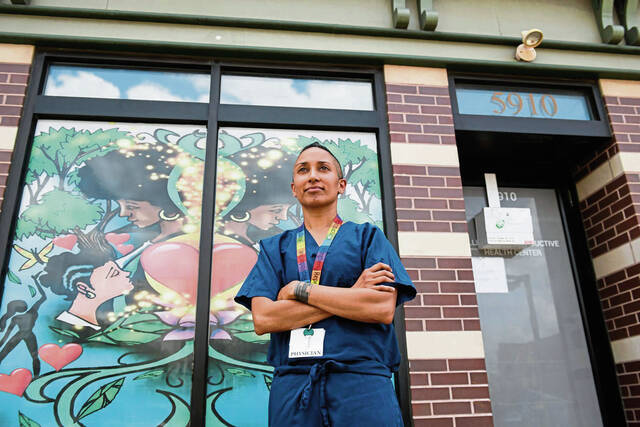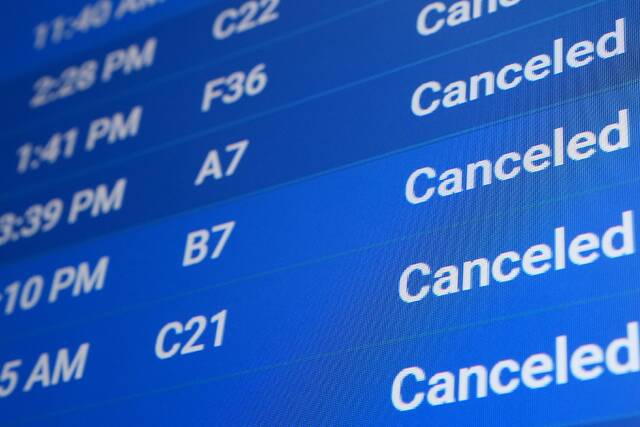Politicians spend a lot of time talking about helping the poor. But the politicians who truly care about the poor are more concerned with policy outcomes than posturing for the cameras. Posturing might gain votes, but it often ends up doing more harm than good.
It was thus a pleasant change of pace to see the Consumer Financial Protection Bureau (CFPB) roll back underwriting requirements for payday lenders this month. Payday lenders offer short-term, high-interest loans against a borrower’s next paycheck, typically for $500 or less. The typical fee for this type of loan is $10 to $30 for two weeks on every $100 borrowed, which is equivalent to a 400 percent annual interest rate.
The net effect of rolling back the requirements will be to make it easier for payday lenders to offer these short-term loans. And while politicians may think people shouldn’t have them, the people themselves disagree. How do we know? There are more payday loan stores in the United States than there are McDonald’s, and about one in 10 Americans has used them.
People who claim to “care about the poor” have predictably lost their minds over the practice, painting payday lenders as legalized loan sharks who take advantage of the poor by charging exorbitant interest rates.
“This committee will not tolerate the Trump administration’s anti-consumer actions,” said Maxine Waters, D-Calif., chairwoman of the House Committee on Financial Services in the wake of the CFPB roll back.
At first blush, this seems a reasonable response to a 400 percent interest rate. But those who care enough about the poor to think the matter all the way through may well come to a surprising conclusion. What other options exist for a poor person who desperately needs a loan for a few days? Not what other options should or would exist in a perfect world, but what other options do exist? The answers here are bleak.
For low-income people, poor credit history may put credit cards out of reach. For those who do have credit cards, limits are often so low as to render the cards useless in some situations. The alternative of bouncing a check will cost around $30 in bank fees, and another $30 from the vendor who accepted the bad check. On a $500 check, that’s the equivalent of an 1,800 percent interest rate. Skipping a payment results in late fees, and in the case of necessary utilities, possible disconnection of service. That, of course, brings an additional charge for reconnection later.
There is no question that it would be better if the poor had lower cost options than payday lenders. But restricting payday lenders doesn’t make those better options appear. Instead, it forces the poor into options that are even worse.
Truly caring about the plight of the poor means soberly assessing their options, then allowing them to make choices they think are best, not imposing choices on them that politicians imagine are best. Given the popularity of payday lenders across the country, the people with the needs have spoken clearly. Why would we take the opinions of politicians more seriously than those of the people themselves, especially when those politicians are offering merely fewer, not better, options?








